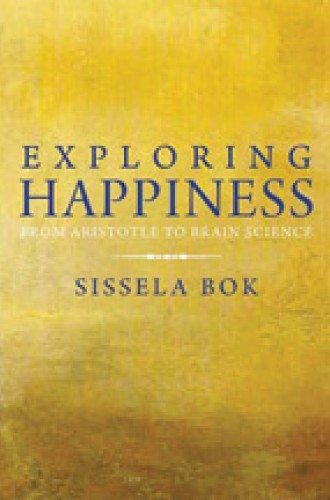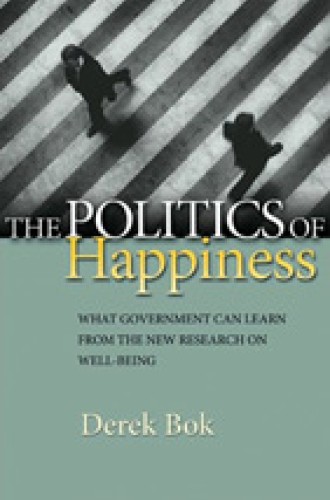Pursuing happiness

The Roman poet Horace tells the story of Lycas, a wealthy merchant who spent his days entertained by imagined actors performing nonexistent dramatic plays on the grounds of his estate. Lycas drew his greatest joy in life from these imaginary performances, but to onlookers his behavior was sheer madness.
Should one value and affirm a happiness that is based on an illusion? Lycas's relatives thought not. When they finally awakened him from his dream world, Lycas reacted as if betrayed: "You call it rescue, my friends, but what you have done is murder me!"
The story of Lycas captures one of the great challenges to any meaningful discussion of human happiness. Unlike concepts such as justice and courage that seemingly lend themselves to rich treatises about their true nature, happiness is often perceived to be subjective, even inscrutable. We all claim to be able to identify courageous people when we see them, and we believe that we have the critical ability to determine, at times, that a person who claims to be courageous is in fact a fraud, a coward. But what does it mean to say that a person who claims to be happy is not, or that the happiness a person experiences is not real?






